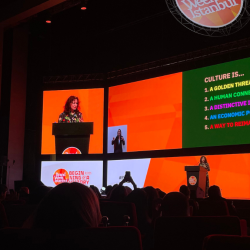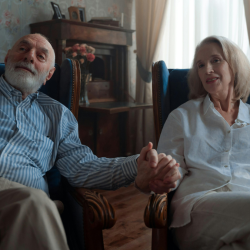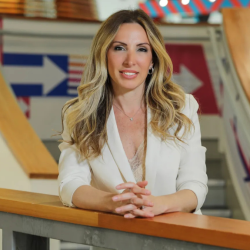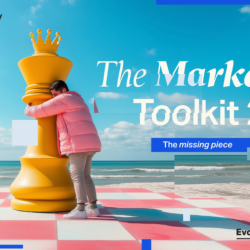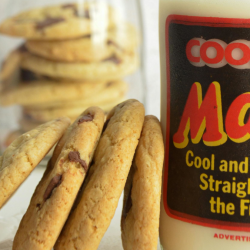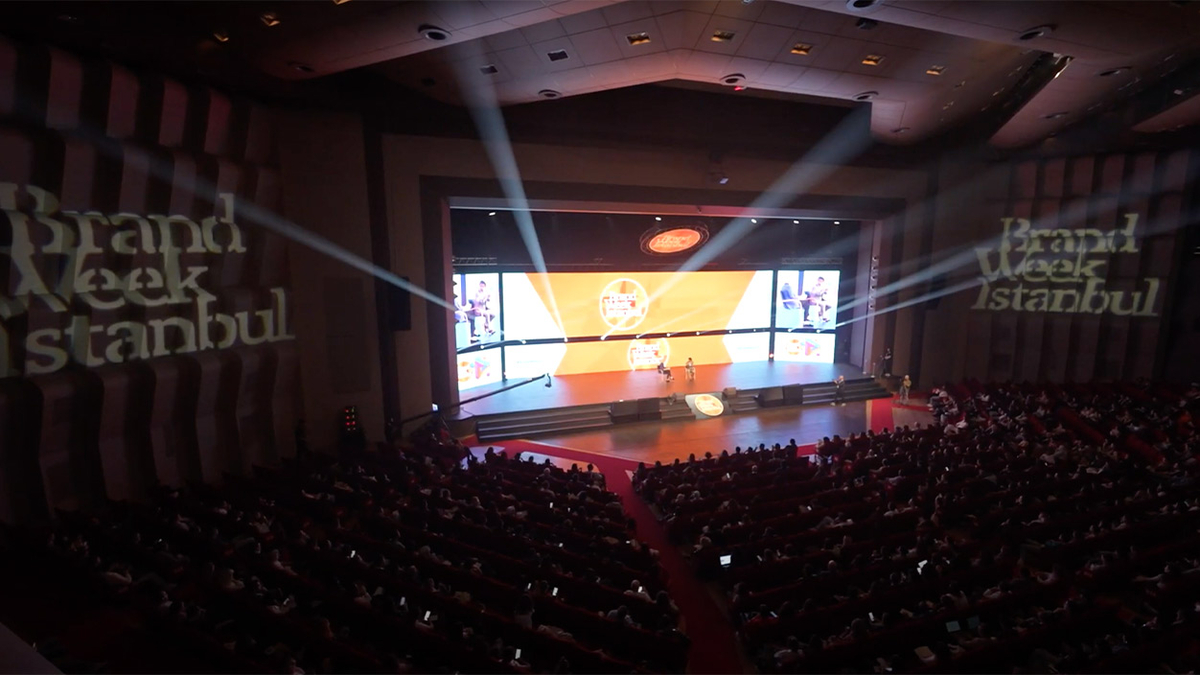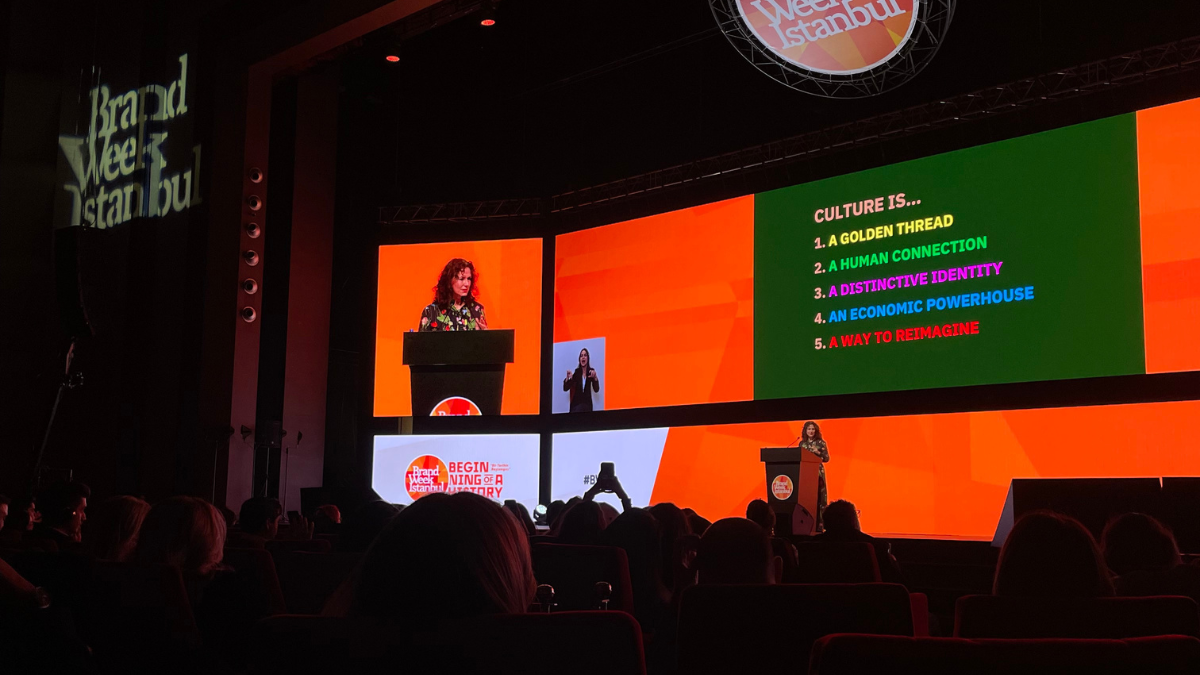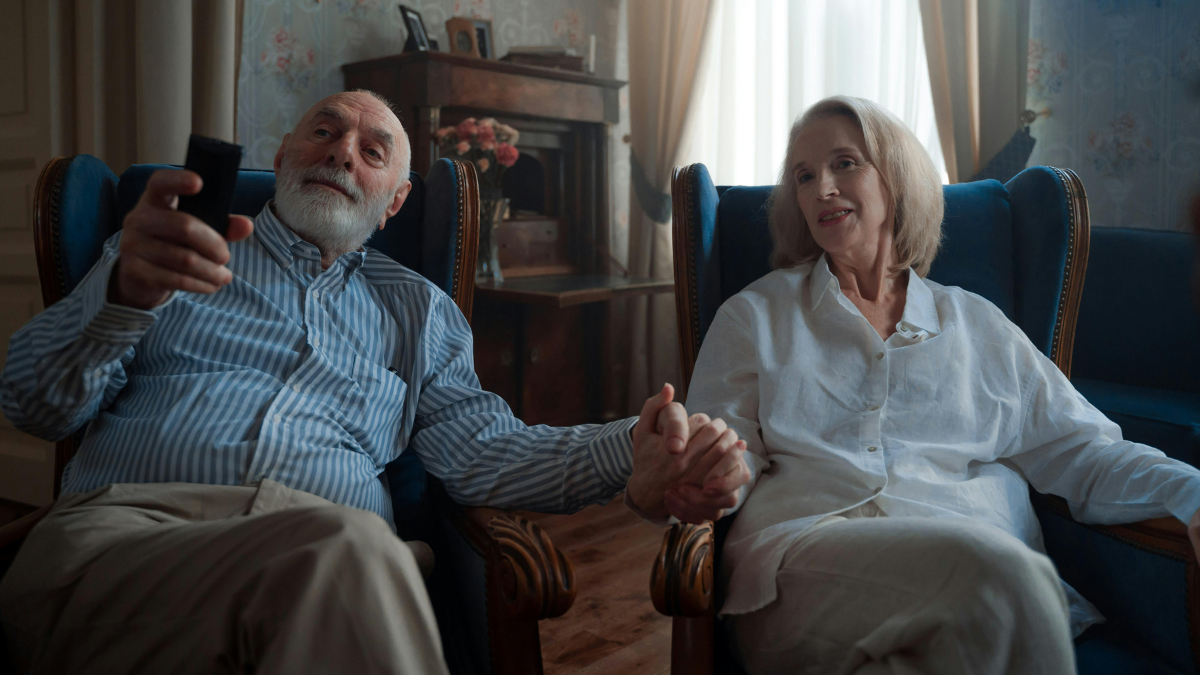Thinking about brands or products doing things differently, currently I see the most movement in the way celebrity endorsement has taken it to a new ‘supercharged’ level. Celebrity endorsement used to be so simple: find a face, pay a fee, pop them in the ad and the deed is done. But today’s consumer is savvier than that. Today’s celebrities and brands are also savvier than that.
Today, celebrity endorsement done well has supercharged brand presence, being all about content partnerships and celebrity as entrepreneur, all wrapped up in one holistic brand bundle. By bringing together platform, personality and product, you have a proposition that is far greater than the sum of its parts. The ultimate example of this has to be the Ryan Reynolds juggernaut. Buying a nondescript Welsh football team, turning it into the original sporting Cinderella tale, and telling that tale globally via Disney+ was nothing short of marketing genius.
Not every brand can tap into the global fame of Reynolds, but this mix of media, marketing, famous face and product is still accessible. Take Made in Chelsea alum, Spencer Matthews who has turned his fame and subsequent marriage to model, Vogue Williams, into a power partnership. For his part, his public battle with alcohol led to the creation of CleanCo in 2019, an extremely low-alcohol drink alternative. For her part, Williams is one half of a successful podcasting duo, My Therapist Ghosted Me, with Joanne McNally, as well as hosting parenting podcast, The Apple & The Tree. She has gone down the traditional celebrity endorsement route of appearing in ads for Fairy detergent, but also has her own cosmetic line, Bare by Vogue.
Celebrity as entrepreneur is not new
Older generations will remember the iconic Remington Shaver ads of the 1980s which, instead of featuring a rugged male model, were fronted by greying US businessman, Victor Kiam. He famously bought the company after his wife bought him an electric shaver and the endorsement ‘I liked it so much, I bought the company,’ entered advertising lore.
Today, it is the amalgamation of platforms — Netflix, Disney+, Audible and more — plus product, personality and content that is supercharging celebrity partnerships, and you don’t even need a global entertainment platform and movie star to achieve it.
Many brands can access similar star power working with niche social media stars who appeal directly to their consumers. The Bearded Plantaholic has nearly 400,000 followers on Instagram, and teams up with dedicated gardening brands such as PLNTS to co-create products for followers.
Sprinkling a little stardust on your brand and having a celebrity on the board of directors is certainly seductive, but exercise caution
Hitching your wagon to a celebrity has undeniable benefits in terms of exposure, but it can also leave the brand exposed. In some ways, their personality can become the brand’s personality, but their behaviour isn’t necessarily something a company can control in the same way as they might deal with rogue employees through HR.
Adidas learned this the hard way when its collaboration with Kanye West to sell his Yeezy designs failed after he made controversial comments around White Lives Matter and anti-Semitism. The controversy and subsequent unsold stock contributed to the company’s extensive losses in 2023, when it had made a profit the year before. Even the Reynolds juggernaut has hit a rocky patch as press surrounding his wife, Blake Lively’s, recent film release, It Ends With Us, hasn’t been altogether positive. The pair make it very clear they come as a team so it remains to be seen whether the Wrexham brand will emerge unscathed.
Equally, transparency is vital
How much involvement the celebrity does or doesn’t have with the brand should be made clear. If you own the company, like Kiam, that’s fine — just make sure everyone knows you have a vested interest. Former Dragon and business podcaster Steven Bartlett has been front and centre of advertising for both the Huel and Zoe health programmes. What was made less clear from his apparent endorsement — and for which the Advertising Standards Agency (ASA) subsequently banned the ads — is that he has a financial interest in both companies.
Despite these blips, these examples of success show that there is certainly a rich seam of opportunity in the ‘celebtrepreneur with a platform’ space but it’s also clear that the full mix of media, personality, product and story all have to be in place for the magic to happen.
Featured image: Alexander Grey / Unsplash


